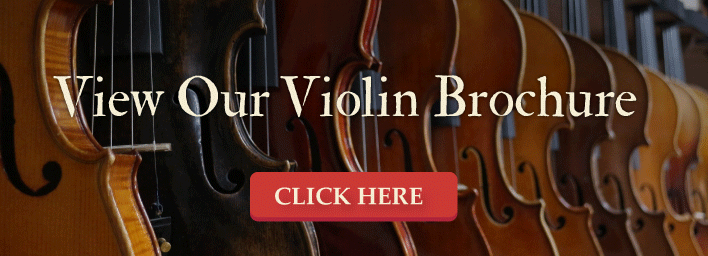Strategies For Having A Great First Year At Music School

Going to music school is a big deal. Making the most of this experience will take planning and intention. It won't just happen. Your first year at music school sets the stage for your entire music school career, which in turn dramatically impacts your professional career prospects. Like we said, going to music school is a big deal.
You can build a foundation for success by absorbing these six tips for surviving your first year at music school. Then, use that foundation to support these strategies for thriving at music school. All these strategies are based on this one principle: take advantage of every resource and opportunity living in an all-music/ all-the-time environment provides.
Conduct yourself like a professional from day one
Music school is, in essence, a trade school. You're there to master your craft and go on to a professional career. Your fellow students and the school staff and faculty will forever be a huge part of your professional network. You do not want to get a reputation as someone who's unreliable, unprepared, or egotistical.
Acting like a professional in your musical endeavors doesn't mean you can't have fun at school, any more than being professional when you are a professional means you can't have fun at life. The issue is how you conduct yourself with your peers and professors in the course of your music development and performances. This means:
- Get to classes, practices, rehearsals, and performances on time.
- Attend to your practice and studies, so you're prepared to contribute and grow from these sessions.
- Actively engage and contribute to these sessions.
- Accept feedback, and offer it, in a constructive spirit.
- Don't be a self-absorbed, temperamental jerk. Everyone there is an accomplished musician. Having an attitude won't impress anyone.
Reputations are hard things to shake, especially bad ones. Treat all your group work as if it's a professional gig and your peers as if you are all the professional musicians you hope to become.
Practice as you've never practiced before
You know how to practice. You wouldn’t have gotten into music school if you didn't. You can still take your practice up a notch. Regularly and consistently practicing for as much time as you need to regularly and consistently improve your craft and artistry. To help make the most of your practice time:
- Practice with intent and a goal.
- Ask your professors for guidance and tools as to what and how to practice. Don't be afraid to talk openly about your shortcomings. Indeed, they'll only stop being shortcomings if you dedicate time and effort to improving them.
- Practice with others, especially with people who excel in areas where you're weak and those who approach music very differently than you do.
- Record yourself. Listen immediately after a practice to critique yourself, share recordings to get feedback from others, and hold on to them so you can hear how you've improved over time.
Developing solid practice habits and routine will accelerate your growth and ensure you're a welcome participant in class work and performances.
Don't overwhelm your schedule
Different students have different capacities for handling coursework, practices, extra-curriculars, and life. You don't need to keep up with the guy who can take on 16 hours of class work in a semester, plus all the studying, practicing, and commitment that takes if it's a schedule that will overwhelm you.
First, don't assume just because that guy takes a high course load, he's crushing it. He may well not be, and wasting all his energy and effort. Second, that guy's development isn't your concern. Your development is. Set up a schedule of coursework extra-curriculars that's optimum for your growth and mental health.
Surround yourself with music
When you're not practicing or studying, you can still surround yourself with music whether it's listening on your phone or attending the performances of others. While these are all opportunities to improve your ear, they're also opportunities to pay close attention to the choices other musicians make as they interpret a work. You never know what will inspire you or where you might be introduced to something entirely new. That won't happen if you do nothing but listen to the same 20-song playlist over and over.
Start as you intend to go on
Developing good habits during your first year of music school sets you up for continued success throughout your career. Don't hold on to the idea that you can delay the "real work" for when you're ready to go pro. If you wait that long, you may find the transition to professional more difficult than you'd like.
Music school is a fantastic opportunity. Soak up all it offers, work hard from the start, and you'll exponentially increase your chances to have the music career you want.


